Kim Eckart · UW News · November 15, 2017
Featuring Peter Kahn, Nature and Health researcher and Steering Committee member
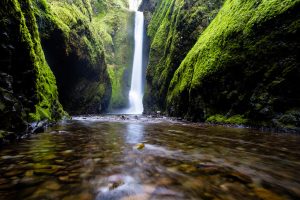
Think, for a moment, about the last time you were out in nature. Were you in a city park? At a campground? On the beach? In the mountains?
Now consider: What was this place like in your parents’ time? Your grandparents’? In many cases, the parks, beaches and campgrounds of today are surrounded by more development, or are themselves more developed, than they were decades ago.
But to you, they still feel like nature.
That’s what University of Washington psychology professor Peter Kahn calls “environmental generational amnesia” — the idea that each generation perceives the environment into which it’s born, no matter how developed, urbanized or polluted, as the norm.
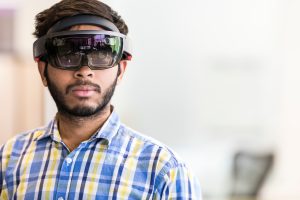 University of Washington psychology professor Peter Kahn has spent much of his career analyzing the relationship humans have with nature—and he thinks that relationship is more fragile than many of us realize.
University of Washington psychology professor Peter Kahn has spent much of his career analyzing the relationship humans have with nature—and he thinks that relationship is more fragile than many of us realize.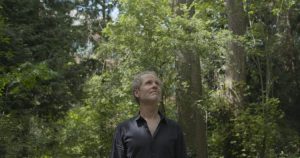 University of Washington professor Peter Kahn recently co-authored an
University of Washington professor Peter Kahn recently co-authored an 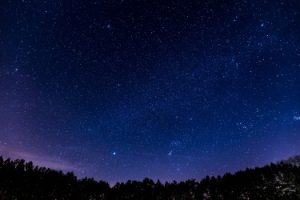 The modern city is a place where a vibrant array of ideas, sights, sounds and smells intermingle to spawn creativity, expression and innovation. We are drawn to the noise, the constant connectivity and the delicious food.
The modern city is a place where a vibrant array of ideas, sights, sounds and smells intermingle to spawn creativity, expression and innovation. We are drawn to the noise, the constant connectivity and the delicious food.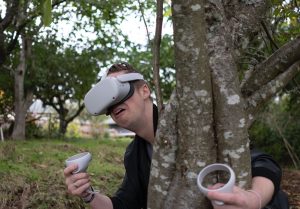 Peter Kahn is one of a handful of environmental psychologists who have begun systematically exploring these questions. He and his colleagues at the University of Washington ran a series of experiments to see what benefit—if any—people get from high-quality technological versions of nature. In one experiment, for example, they installed plasma TV “windows” in workers’ otherwise windowless offices for a period of 16 weeks, and then took various measures of psychological function. They found that those with the “views” of parkland and mountain ranges had a greater sense of well-being, clearer thinking, and a greater sense of connection to the natural world.
Peter Kahn is one of a handful of environmental psychologists who have begun systematically exploring these questions. He and his colleagues at the University of Washington ran a series of experiments to see what benefit—if any—people get from high-quality technological versions of nature. In one experiment, for example, they installed plasma TV “windows” in workers’ otherwise windowless offices for a period of 16 weeks, and then took various measures of psychological function. They found that those with the “views” of parkland and mountain ranges had a greater sense of well-being, clearer thinking, and a greater sense of connection to the natural world.